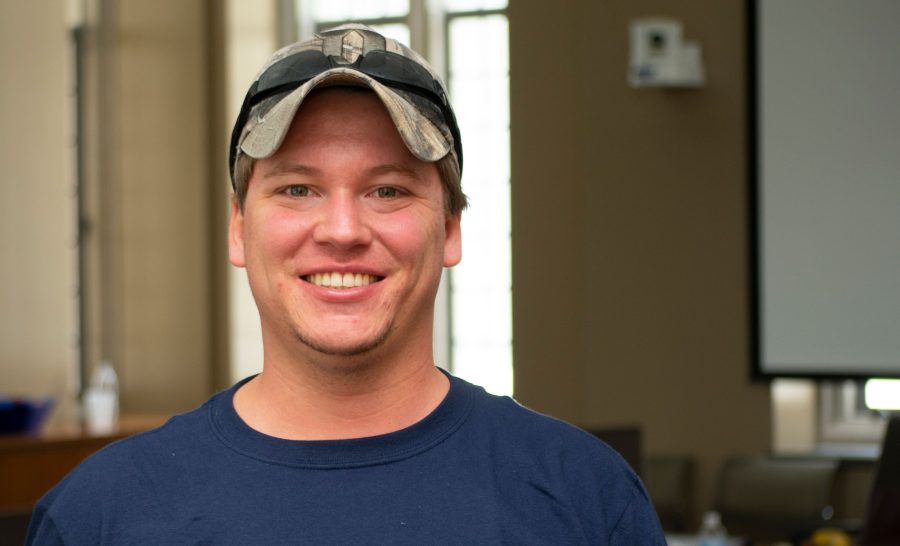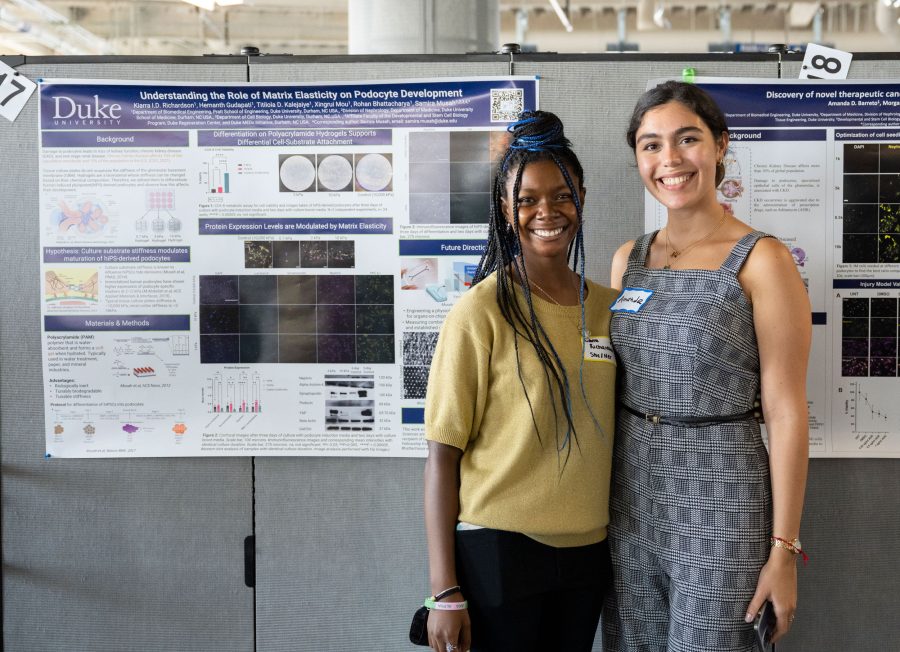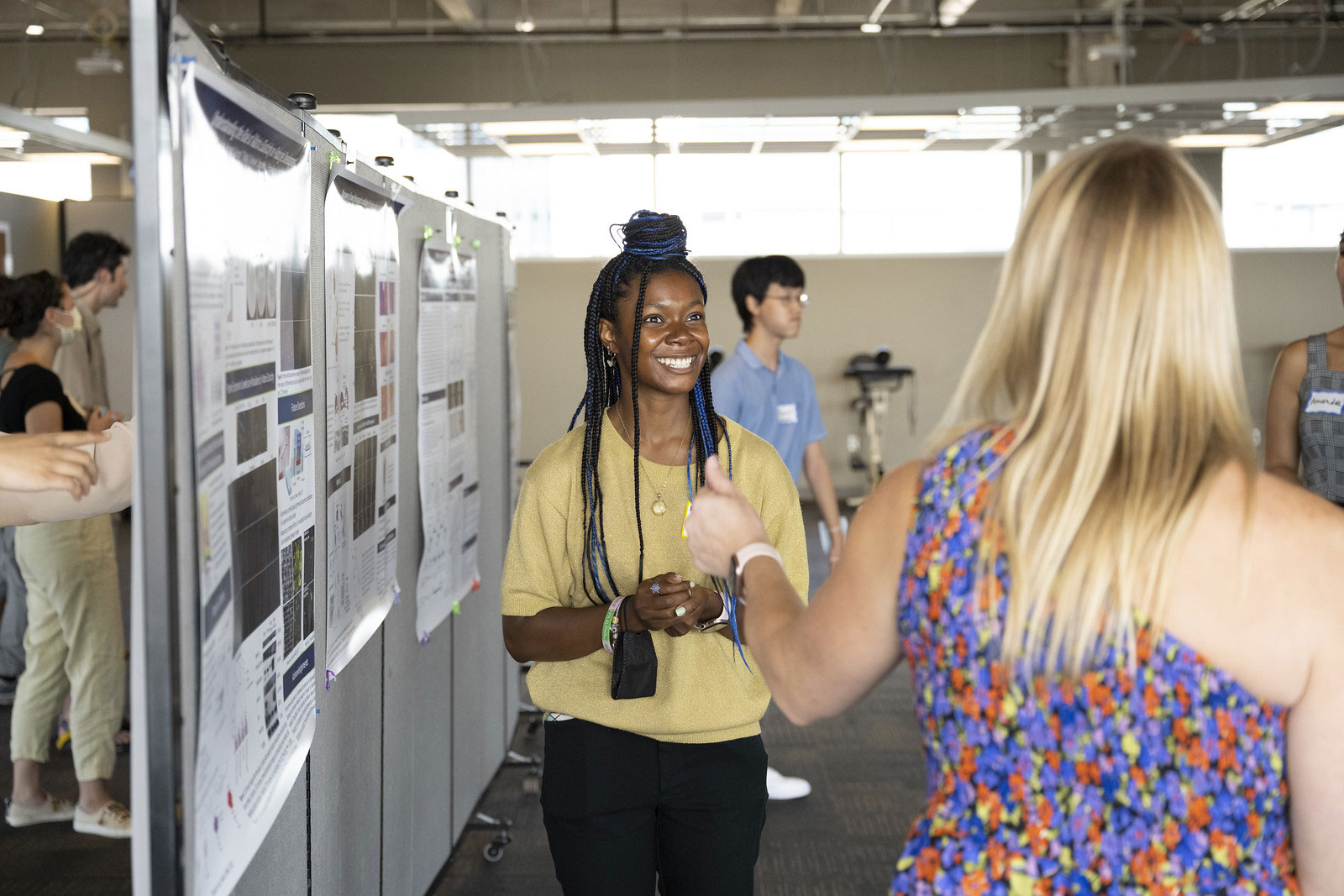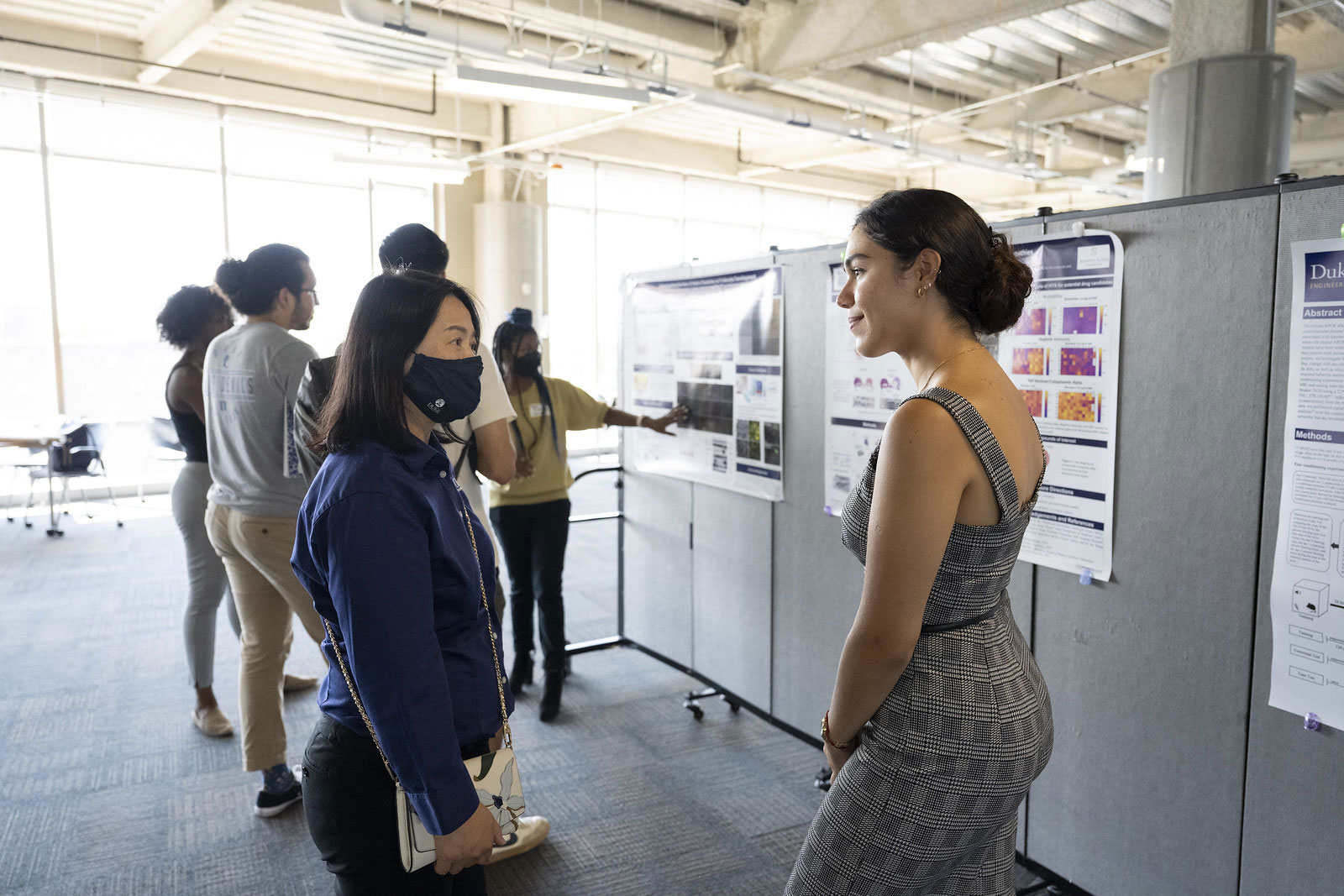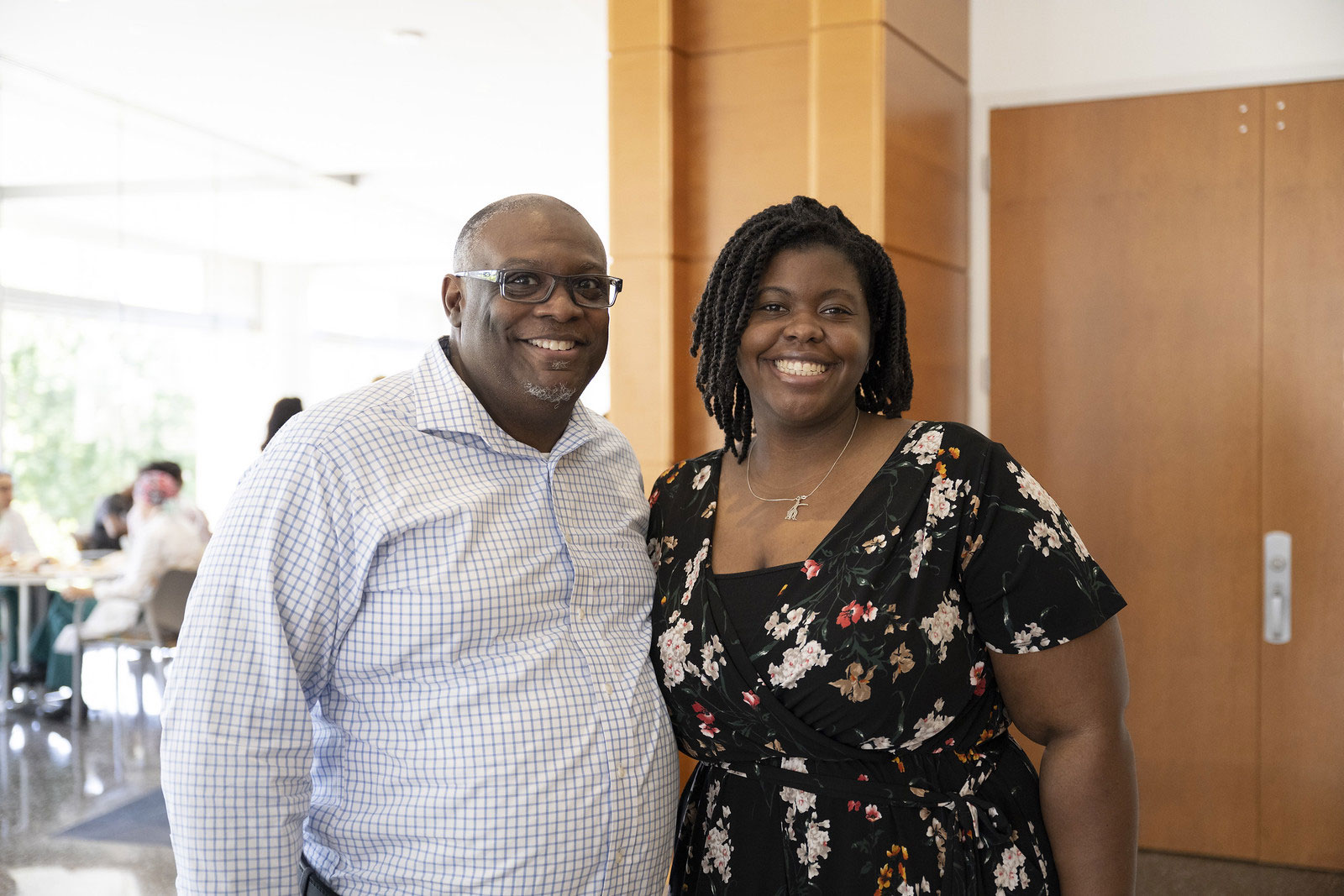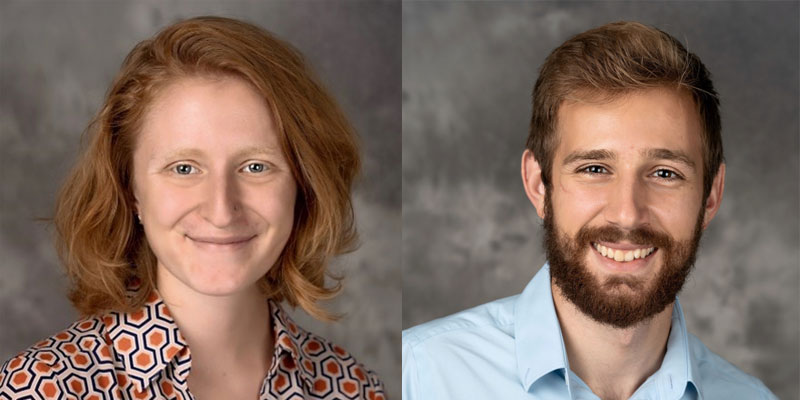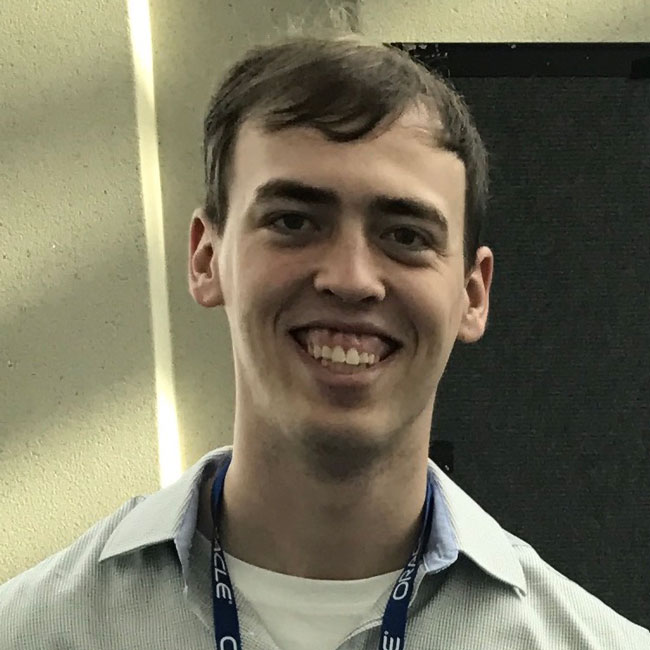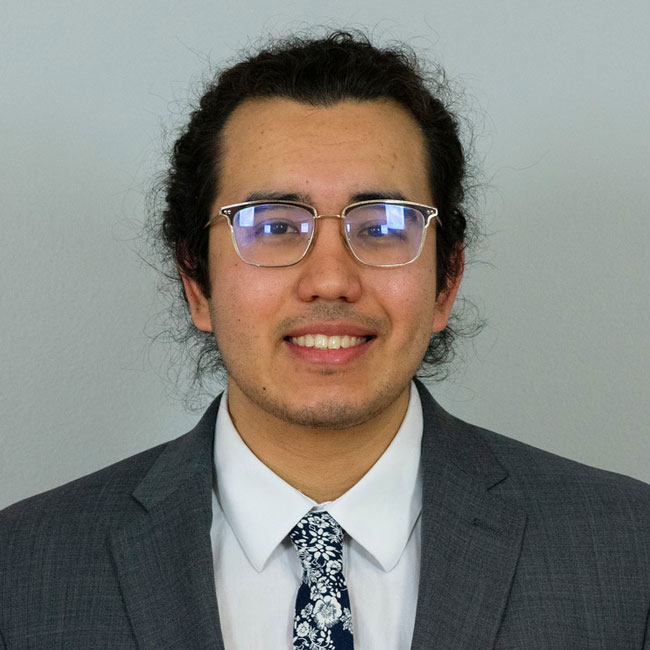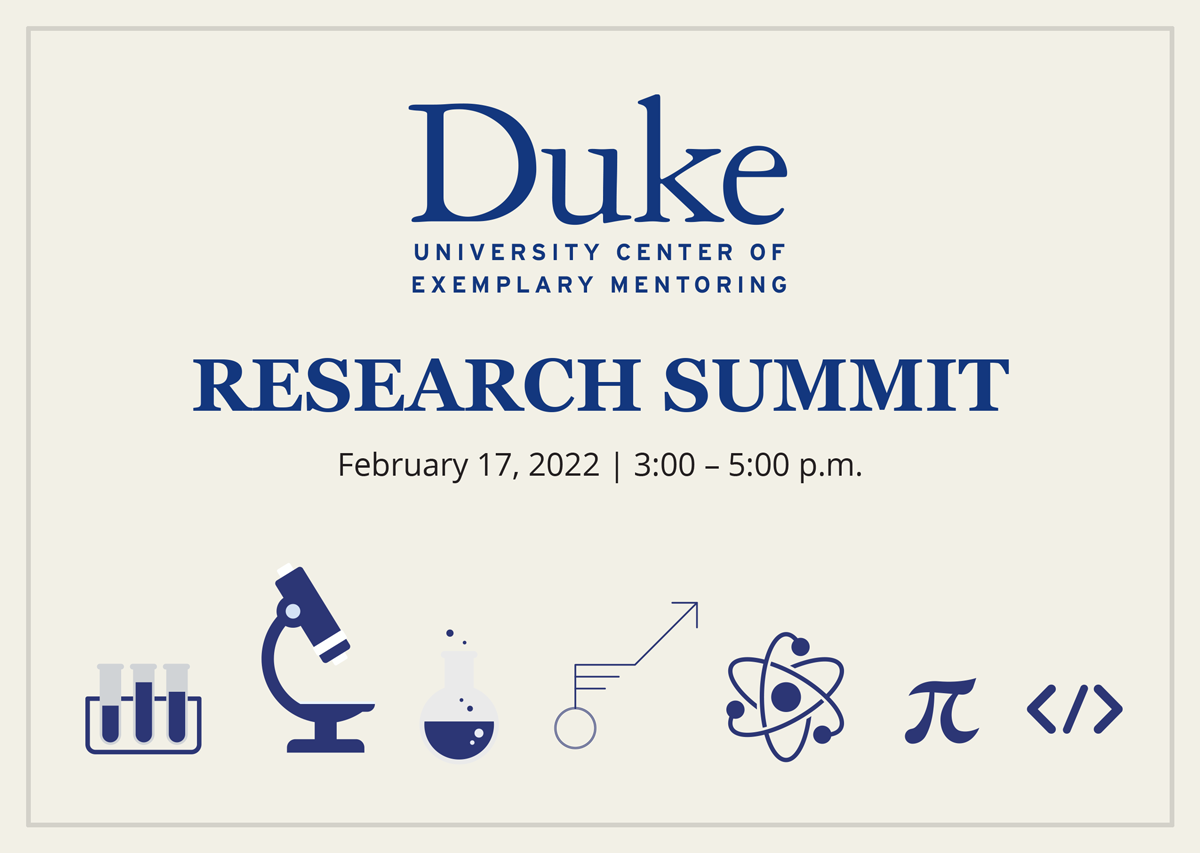This story is republished from the May 27, 2022, issue of the SloanConnect newsletter.
Sloan Leader Spotlight: Jackie Looney
After 30 years at Duke University, Senior Associate Dean Jackie Looney will retire next month. Dr. Looney was not only a critical part of the Sloan Scholar program at Duke, but she also led the creation of other programs that enhanced graduate student life on campus.
When she first arrived at Duke, she was a recent PhD graduate from Vanderbilt University. Initially an assistant dean for graduate recruitment, she took up the charge of creating services and finding resources to support graduate students. At first, she admits she didn’t entirely know the way, but she trusted her intuition (having just finished graduate school herself), and she knew how to do her research! She investigated other programs, looked at graduate schools across the country, and talked with students and faculty members about what they needed. With this approach, she used multiple voices and her own instincts to forge a path ahead.
Incorporating multiple voices was equally as important when launching the University Center of Exemplary Mentoring and Sloan Scholars program. At her suggestion, every academic department that signed on to the program had to commit two faculty champions. Additionally, she built in administrative support: every unit in the graduate school had to contribute, including academic affairs, finance, and admissions. This approach not only gave the Sloan Scholar program buy-in from the start, it also made it sustainable—multiple people in the graduate school contributed the program’s success.
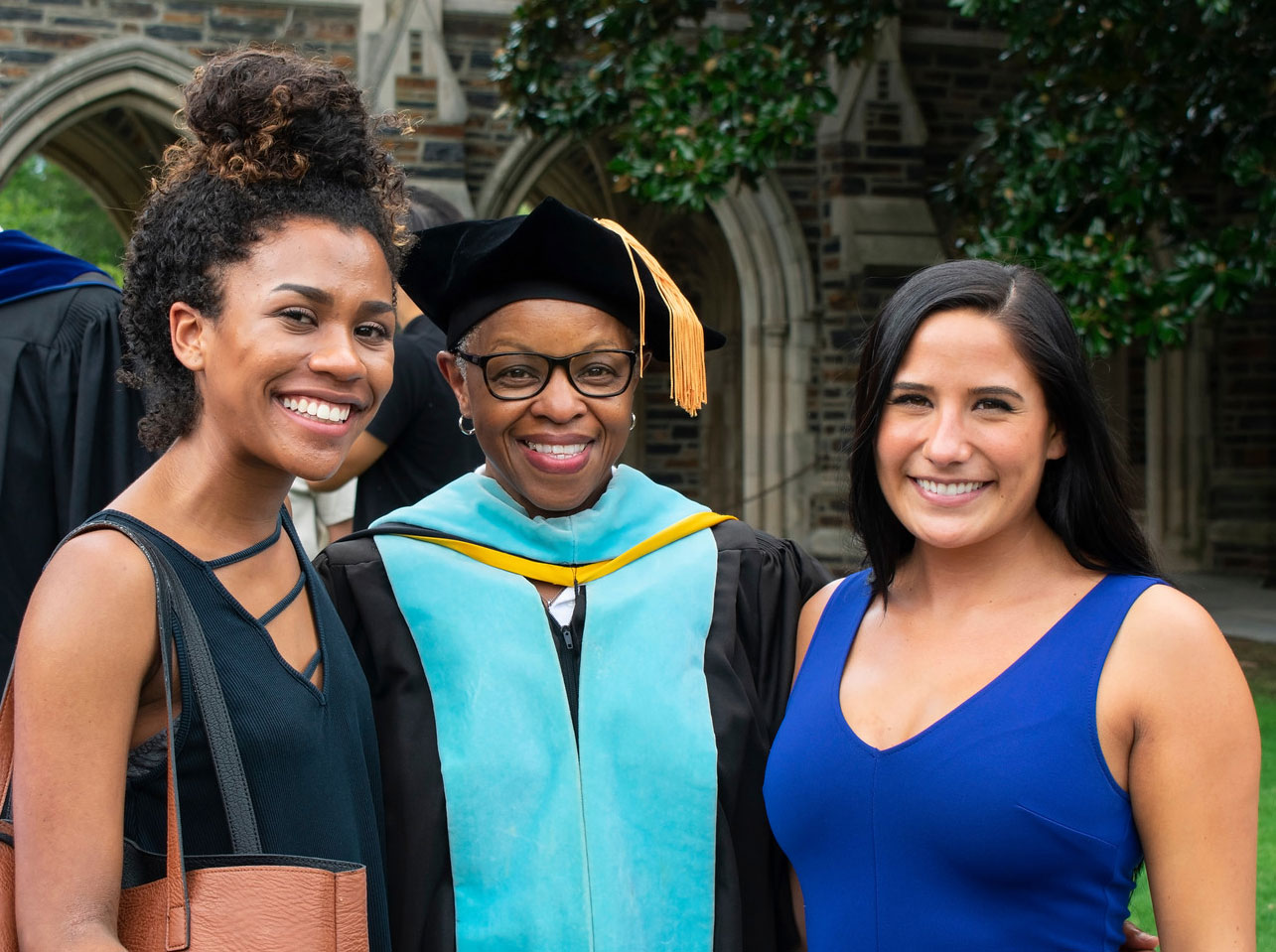
Jacqueline Looney with Sloan Scholars Celine Robinson (left) and Natalie Rozman
To further its sustainability, Dr. Looney also aligned Sloan Scholars with the graduate school’s strategic plan, including recruitment, professional development, student well-being, and mentoring. She explains how this was a win-win: “While we wanted to have a program that was giving opportunity to underrepresented students, we also wanted to create a program that was going to benefit the larger graduate population at Duke.”
And Dr. Looney didn’t stop at Sloan Scholars. She also introduced a mentoring award, parental leave policy, and numerous other programs that benefit Duke students in real and meaningful ways.
“I am so proud to know that Duke is one of the graduate schools in the country that sets a standard—the standard of care for your students,” Dr. Looney says.
Those who work with her agree. “Having worked in higher education for over twenty years, there are people who stand out in my mind as true servants to the field. Jackie is one such person,” says Lorelle Espinosa, program director for higher education at the Alfred P. Sloan Foundation. “Jackie is on my short list of individuals to reach out to when in need of guidance. She is deeply passionate and skilled at advancing our mutual goals advancing diversity, equity, and inclusion in STEM higher education—I am indeed lucky to have her in my corner, and so is Sloan!”
Dr. Looney encourages students to approach their graduate work with similar tenets to her own career:
- Collaborate. Create a board of directors for your graduate career: a faculty advisor for academic requirements, a staff person for the ins and outs of the department, a senior grad student for a tutor and friend. “You can’t get everything that you need as a graduate student from one individual. Number one, you’re going to wear that person down. Number two, someone who’s comfortable helping you navigate the academic requirements may not be comfortable helping you navigate the personal matters,” she says.
- Reach out. Become engaged with the university, with the graduate school, with student groups, and with the community. Dr. Looney encourages student groups to reach across disciplines, across schools, and to bring other students in the mix. Broadening your view to include other people, other interests, and other members of your community will energize your work in the lab.
- Most importantly, have mentors. “The one thing that I know to be true about good mentoring is that when students have it, they are more productive, they become more involved in their departments, and they become more involved in the life of the university,” she observed. “They are more satisfied with their programs, where they are, what they’re doing.”
The Sloan Scholars program at Duke and other University Centers of Exemplary Mentoring have benefited from Dr. Looney’s vision, persistence, and wisdom. Thanks to her, graduate students—Sloan Scholars and otherwise—have greater opportunities and more fulsome support systems.

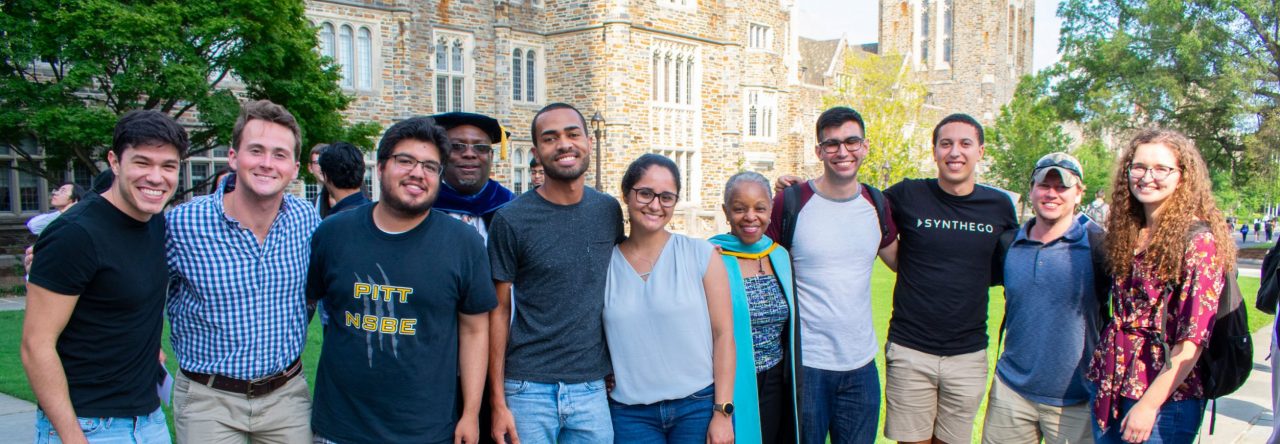

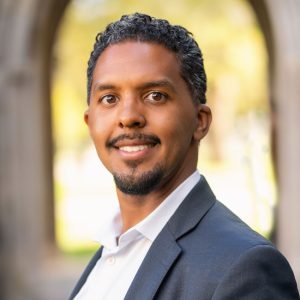 Andrew D. Jones III
Andrew D. Jones III
